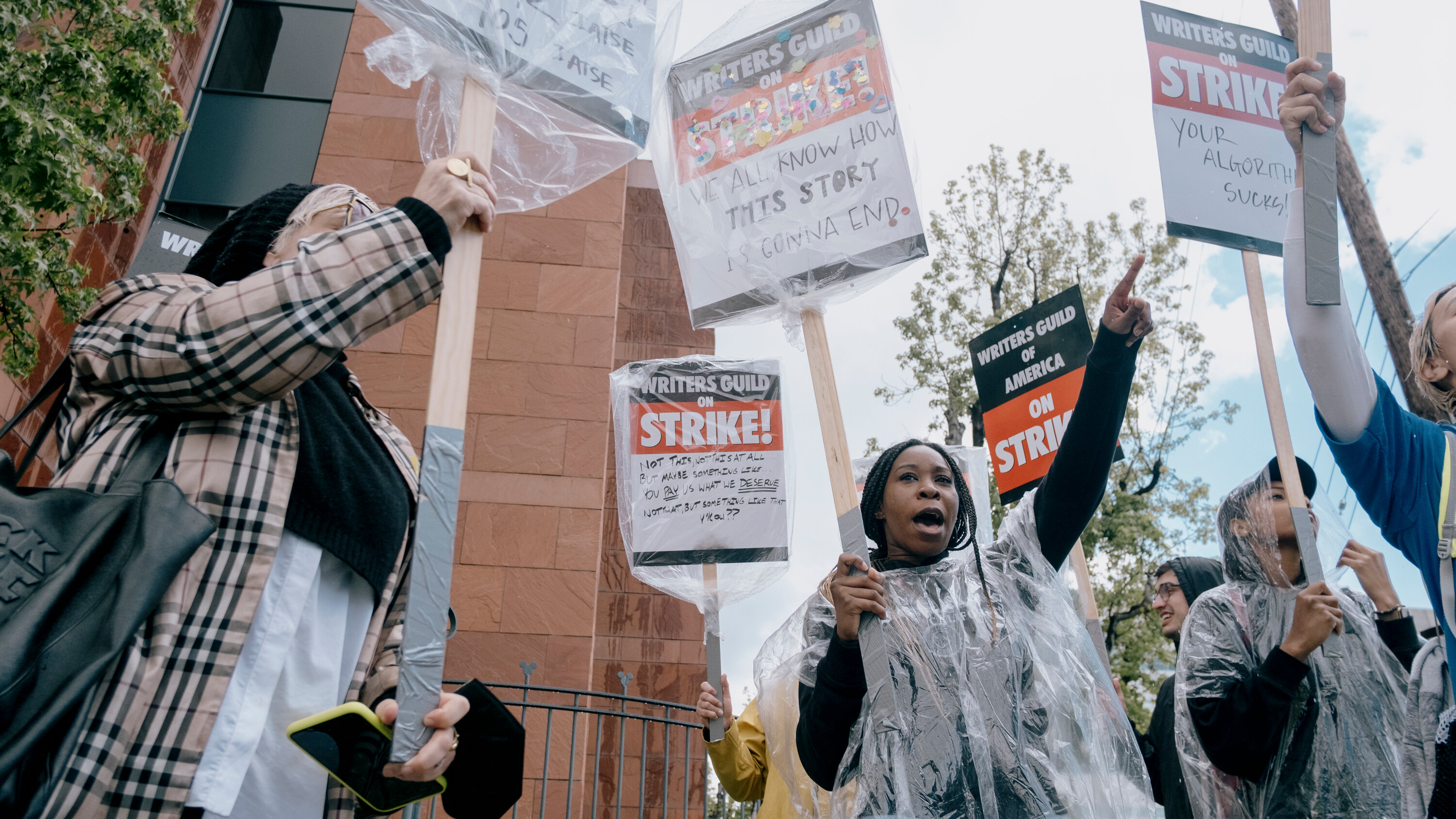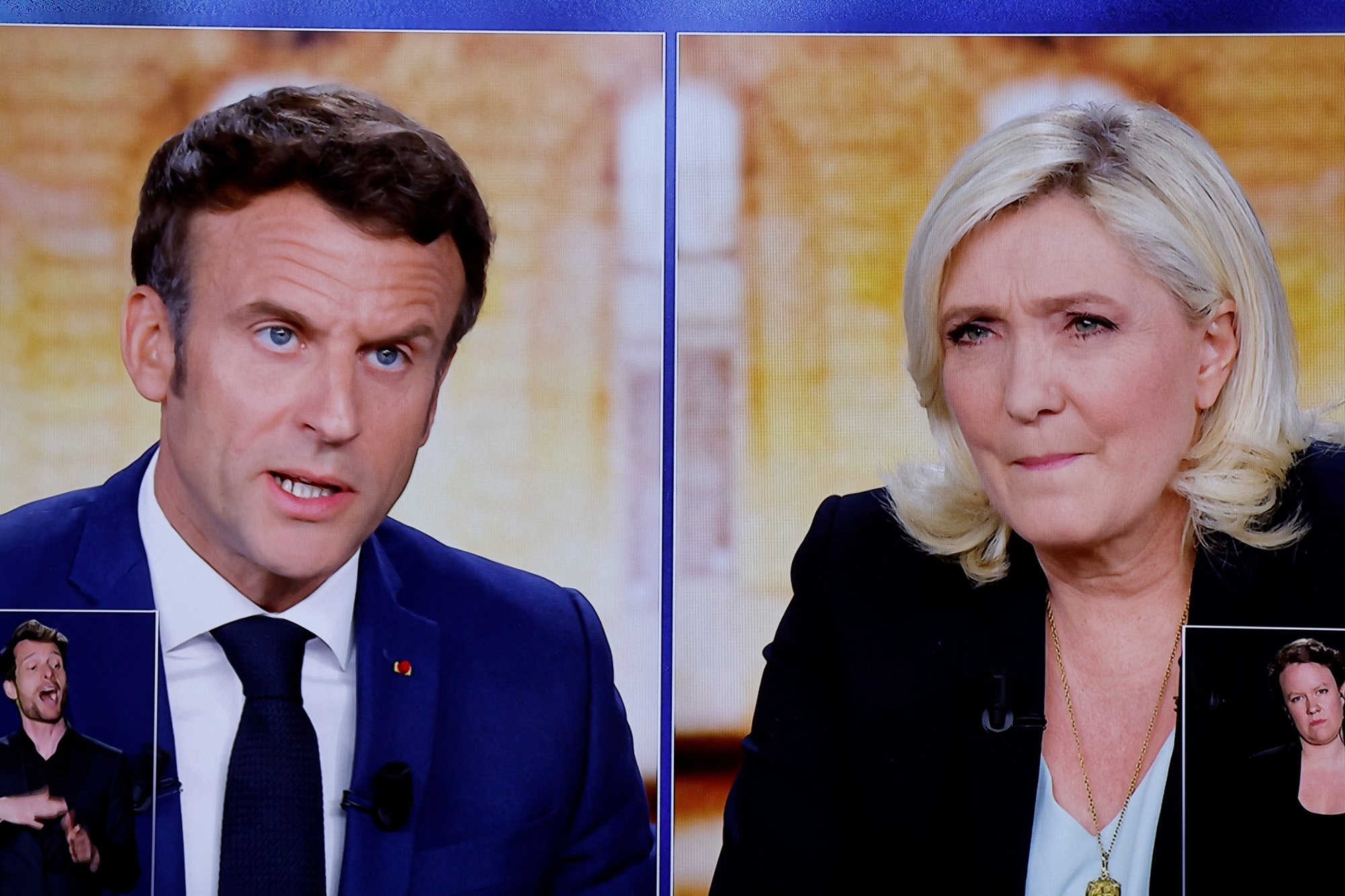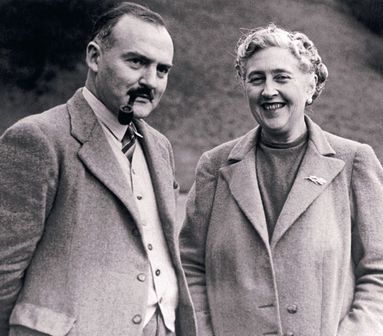Actors And Writers Strike: What This Means For Hollywood And Beyond

Table of Contents
The Core Issues Fueling the Strike
The Actors and Writers Strike is fueled by a complex interplay of factors, primarily centered around fair compensation and working conditions in the evolving entertainment landscape.
Fair Compensation and Residuals in the Streaming Era
The shift to streaming has profoundly altered the compensation models for actors and writers. Traditional broadcast television offered residuals – payments made to actors and writers each time their work aired in reruns or syndication. Streaming services, however, often utilize different revenue models, resulting in significantly reduced or eliminated residuals for many. This perceived unfair distribution of profits is a central grievance fueling the strike.
- Traditional Broadcast vs. Streaming: Broadcast deals often included substantial upfront payments and recurring residuals based on viewership. Streaming deals frequently offer flat fees, irrespective of the show's success or longevity.
- Financial Discrepancies: Popular shows like Stranger Things or The Crown have generated immense revenue for streaming platforms, yet many actors and writers involved report receiving comparatively meager compensation compared to the traditional model.
- AI's Impact on Writers: The increasing use of artificial intelligence in scriptwriting is a major concern for writers. They fear AI could replace human writers, leading to job insecurity and diminished creative control.
Working Conditions and Creative Control
Beyond compensation, the strike addresses concerns regarding grueling working conditions and a lack of creative control for both actors and writers.
- Demanding Schedules: Long hours, demanding schedules, and intense pressure are commonplace in Hollywood productions. The strike seeks to establish more reasonable working conditions to protect the well-being of creative professionals.
- Limited Creative Input: Writers and actors often find their creative input restricted, with studio executives exerting significant control over the final product. The strike aims to increase their creative autonomy and influence.
- Quality Concerns: The lack of creative control can negatively impact the quality of the final product. The strike advocates for a system that prioritizes artistic integrity alongside commercial success.
The Economic Impact of the Actors and Writers Strike
The Actors and Writers Strike has far-reaching economic consequences, impacting not only the studios and networks but also local economies and related industries.
Production Halts and Delays
The strike has brought numerous film and television productions to a complete standstill, creating significant delays and ripple effects across the industry.
- Major Productions Impacted: High-profile movies and TV shows, including several major network and streaming projects, are on hold indefinitely, causing substantial production delays.
- Ripple Effect on Related Industries: The shutdown has also impacted numerous related industries, including catering services, transportation, location scouting, and post-production houses, leading to widespread job losses.
Financial Losses for Studios and Networks
The prolonged strike results in substantial financial losses for studios and networks due to delayed releases, marketing disruptions, and missed revenue opportunities.
- Estimated Financial Losses: While precise figures are difficult to obtain, industry analysts predict billions of dollars in lost revenue for major media companies.
- Impact on Stock Prices: The strike has already impacted the stock prices of major media companies, reflecting investor concerns about the potential long-term effects.
Impact on Local Economies
The strike significantly affects local economies heavily reliant on film and television production, leading to job losses and reduced spending in surrounding communities.
- Specific Locations Impacted: Cities like Los Angeles, New York, and Atlanta, known for their robust film industries, are experiencing a significant economic downturn.
- Economic Consequences: The decrease in production activity translates to fewer jobs, reduced tourism revenue, and less spending in local businesses, impacting local economies.
Potential Long-Term Consequences of the Actors and Writers Strike
The Actors and Writers Strike could have profound and lasting effects on the entertainment industry landscape.
Changes in the Entertainment Industry Landscape
The strike may force studios and streaming platforms to renegotiate compensation and working conditions, potentially reshaping the industry.
- Contract Renegotiations: The outcome of the strike could lead to significant changes in future contract negotiations, potentially establishing more equitable compensation models and working conditions.
- Future Industry Practices: The strike might bring about changes in industry practices, including better protection for intellectual property rights and the fair use of AI in creative fields.
Shift in Power Dynamics
The strike may lead to a shift in power dynamics between studios, networks, and creative professionals.
- Empowerment of Actors and Writers: The strike could empower actors and writers, strengthening their negotiating positions in future contracts and ensuring their voices are heard more effectively.
- Industry Reform: The united front presented by the actors and writers guilds could be a catalyst for wider reform within the entertainment industry.
Impact on Content Creation and Consumption
A prolonged strike could lead to a shortage of new content, potentially impacting viewer habits and the overall entertainment experience.
- Shortage of New Content: A prolonged strike could result in a significant reduction in new content released across various platforms, impacting viewer engagement and potentially leading to subscriber attrition.
- Long-Term Effects on Viewership: The lack of new content might alter viewing habits and the consumption of entertainment, potentially driving audiences to other forms of media.
Conclusion
The Actors and Writers Strike represents a pivotal moment in the entertainment industry. The issues at stake—fair compensation, improved working conditions, and the responsible integration of new technologies—are crucial for the future of filmmaking and television. The long-term consequences remain to be seen, but the industry is undeniably facing a period of significant change and renegotiation. Understanding the complexities of the Actors and Writers Strike is essential for anyone interested in the future of Hollywood and the broader entertainment landscape. Stay informed on developments regarding the Actors and Writers Strike to understand its ongoing impact and its potential to reshape the future of creative work in entertainment.

Featured Posts
-
 Up To 60 Off Hugo Boss Amazon Spring 2025 Perfume Sale
May 20, 2025
Up To 60 Off Hugo Boss Amazon Spring 2025 Perfume Sale
May 20, 2025 -
 Macron Et Le Cameroun Debat Sur Le Troisieme Mandat Et Le Referendum
May 20, 2025
Macron Et Le Cameroun Debat Sur Le Troisieme Mandat Et Le Referendum
May 20, 2025 -
 Maitriser L Ecriture Lecons D Agatha Christie Et L Ia
May 20, 2025
Maitriser L Ecriture Lecons D Agatha Christie Et L Ia
May 20, 2025 -
 Todays Nyt Mini Crossword Solution March 13
May 20, 2025
Todays Nyt Mini Crossword Solution March 13
May 20, 2025 -
 Le Meurtre De Federico Aramburu Enquete Sur Un Crime Politique
May 20, 2025
Le Meurtre De Federico Aramburu Enquete Sur Un Crime Politique
May 20, 2025
